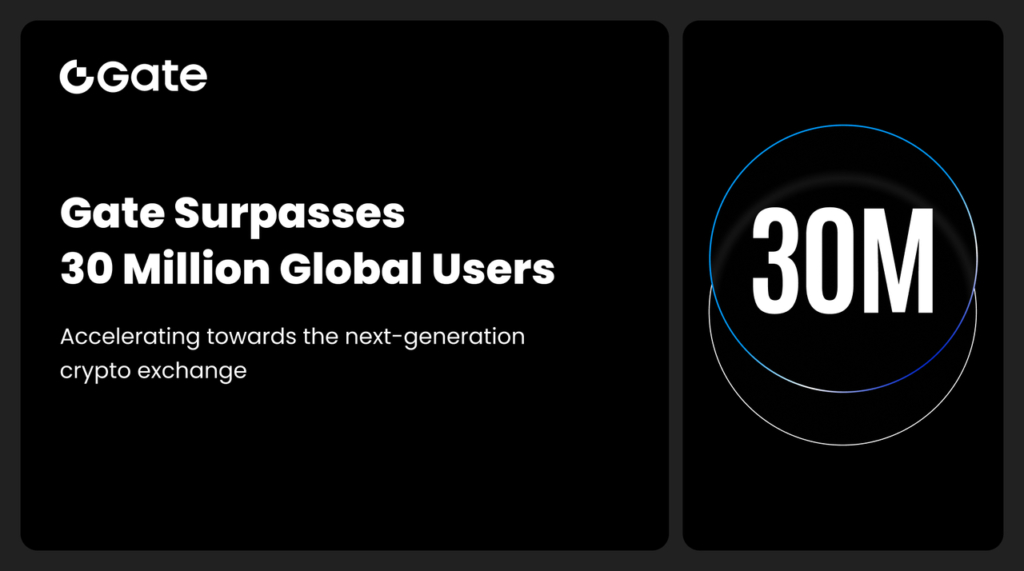The court stated that NFTs, which are digital assets that are unique and non-interchangeable, belong to the category of virtual property that should be protected by Chinese law.
A court located in Hangzhou, China has declared that non-interchangeable tokens (NFTs) are seen as virtual possessions that should be safeguarded under Chinese law.
An article posted on November 29 by the Hangzhou Internet Court and shared by the crypto blogger Wu Blockchain on December 5 showed that after China’s crackdown on cryptocurrencies in 2021, NFTs are in a legal grey area, but the language used by the court is fairly positive.
The article states that NFTs possess the attributes of tangible property rights, including value, exclusivity, controllability, and transferability, and are classified as digital property that should be safeguarded by the laws of our nation.
The court deemed it necessary to validate the legal standing of the NFT digital collection for the case and acknowledged that Chinese laws have yet to explicitly define the legal rights associated with NFT digital collections.
The court issued a decree in a case where a user of a platform and the company were unnamed, in which the user sued for the company not finalizing a sale and canceling their acquisition of an NFT from a “flash sale” as the user allegedly gave a name and phone number that was not consistent with their information.
The court noted that NFTs are capable of condensing an artist’s original expression in a way that carries with it the value of the related intellectual property rights.
They are a type of digital asset that is verified and stored on a blockchain network, relying on the trust and consensus between the nodes of the blockchain.
The court ruled that NFT digital collections fit into the classification of virtual property, and thus the transaction in the legal case is considered the sale of digital goods over the internet. This is to be regulated by the E-commerce Law.
The Shanghai High People’s Court released a document in May that declared Bitcoin (BTC) is protected by property rights laws and regulations, despite China’s prohibition on cryptocurrencies.
China has implemented a crypto ban and is taking steps to distinguish NFTs from cryptocurrencies by launching a government-backed blockchain project.
This project will provide support for the development of NFTs that can be purchased with fiat currency, rather than cryptocurrency.



